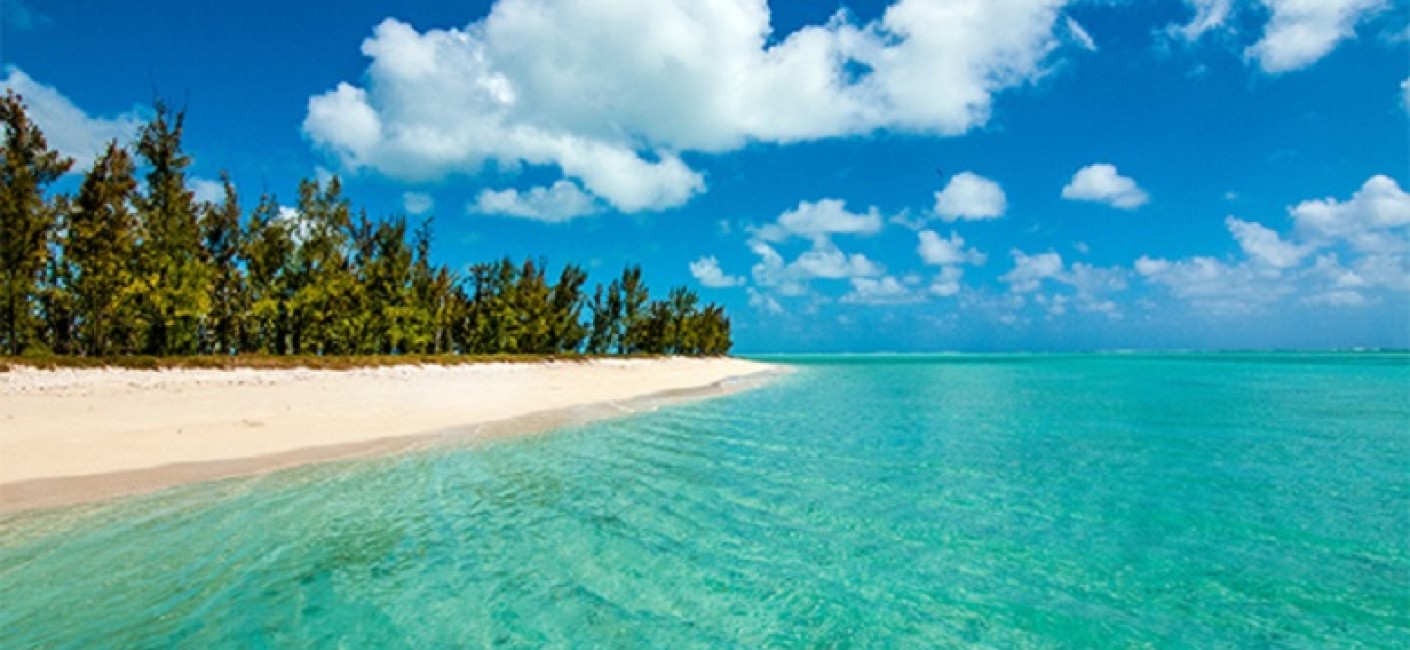Flights to Rodrigues
Special offers from UAE to Rodrigues
Rodrigues is a small island located in the Indian Ocean, part of the Republic of Mauritius. It lies about 560 kilometers (350 miles) east of the main island of Mauritius and around 200 kilometers (124 miles) north of Réunion, another French overseas department. Rodrigues is known for its natural beauty, rich cultural heritage, and unique geography, offering an experience distinct from the more developed main islands in the region.
Geography and Climate
Rodrigues covers an area of 108 square kilometers, making it much smaller than Mauritius. It is of volcanic origin, with a central plateau surrounded by steep hills and a rugged coastline. Its highest point, Mont Limon, rises to about 398 meters above sea level. The island is encircled by coral reefs, which provide a stunning environment for marine life, including a range of fish, sea turtles, and coral species.
The climate of Rodrigues is tropical, with a warm, humid atmosphere tempered by cooling trade winds. The island experiences a wet season from November to April, with occasional cyclones. The drier period from May to October is a more popular time for visitors, as it offers sunny days and pleasant temperatures.
History and Culture
Rodrigues was first discovered in the early 16th century by the Portuguese, though it was the French who began settling the island in the 18th century. The island was later handed over to the British in 1810, along with the rest of Mauritius. Rodrigues, however, remained underdeveloped for much of its history. In the 20th century, the island became part of the independent nation of Mauritius.
Rodrigues has a rich, mixed cultural heritage, shaped by the various peoples who have inhabited it over the centuries, including Africans, Indians, and Europeans. The majority of the population today is of African and Malagasy descent, with a significant portion of Indian heritage as well. The primary languages spoken are Rodriguan Creole, French, and English, though many residents also speak Mauritian Creole.
The island's culture is infused with traditions from its multicultural past. Rodriguan music, dance, and festivals reflect the island’s heritage, including influences from African, Malagasy, and Creole cultures. Sega, a traditional music style originating from Mauritius, is particularly popular on Rodrigues, often accompanied by rhythmic drumming and dance.
Economy and Tourism
The economy of Rodrigues is largely based on agriculture, fishing, and remittances from relatives abroad. The fertile soil supports the cultivation of crops like sugarcane, maize, and fruits. Fishing, especially of tuna and other reef species, is also an important activity. Additionally, small-scale tourism is becoming increasingly important, with visitors drawn to the island’s pristine beaches, crystal-clear lagoons, and rich biodiversity.
Rodrigues has remained relatively untouched by mass tourism, offering a more serene and authentic experience compared to more developed tourist destinations in the region. The island's natural beauty, such as the protected Rodrigues Nature Reserve and the nearby Ile aux Serpents, attracts eco-tourists and those seeking tranquility in an unspoiled environment. Hiking, snorkeling, diving, and kite surfing are among the popular activities for visitors.
Challenges and Sustainability
While Rodrigues enjoys a strong sense of community and a beautiful natural environment, the island faces challenges related to economic development, infrastructure, and climate change. The island is relatively isolated, with limited access to goods and services from the mainland. Transportation is mainly by boat or a small airport, and while the island’s roads have improved, infrastructure remains underdeveloped compared to Mauritius.
The island also faces environmental threats, particularly from the effects of global warming. Rising sea levels and changing weather patterns could impact its coral reefs and agricultural activities. Efforts to promote sustainable tourism, conservation, and renewable energy are underway, with the aim of preserving Rodrigues' unique environment for future generations.

